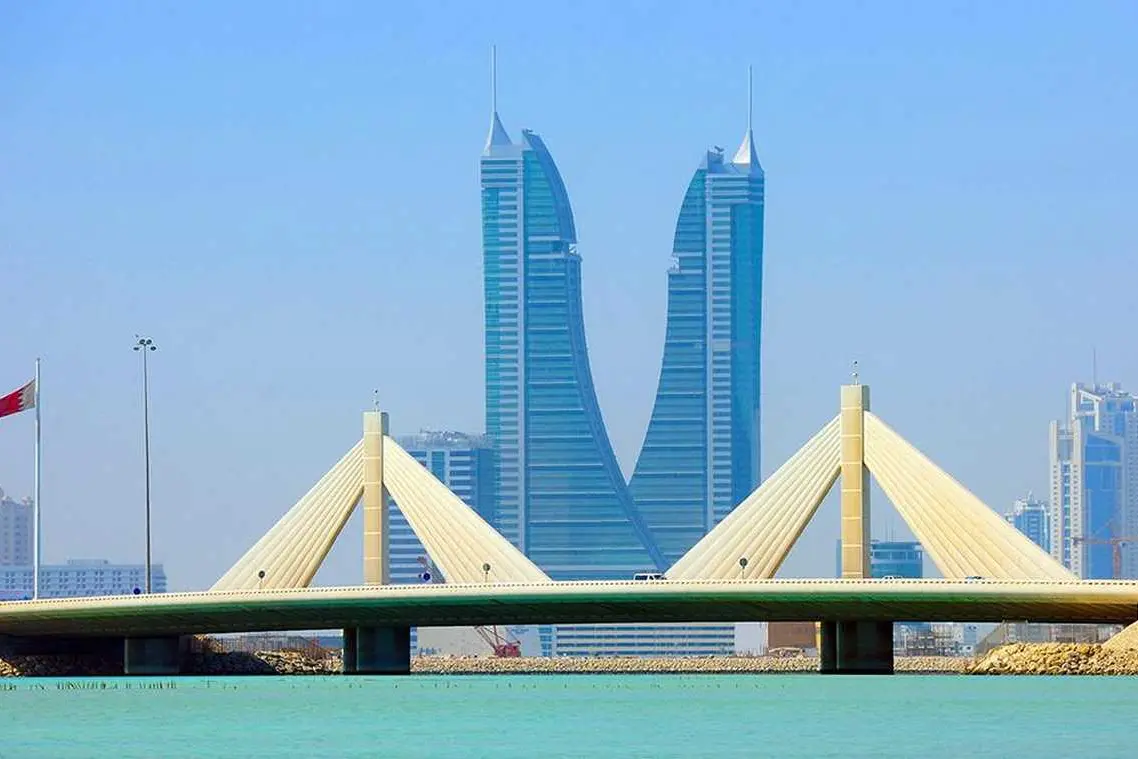PHOTO
Bahrain - A proposed cap on government borrowing has been shelved indefinitely by the Shura Council.
It follows government warnings that any such cap would be disastrous for the economy. The Shura Council yesterday unanimously voted against the proposed cap, which would have been fixed at 60 per cent of GDP. The legislation, which had been on hold since 2008 having previously been approved by the Shura Council, was revived by MPs after a Royal Decree raised Bahrain’s debt ceiling from BD7bn to BD10bn in October 2015. Finance Minister Shaikh Ahmed bin Mohammed Al Khalifa warned MPs in November 2015 that the cap would result in massive spending cuts that would impact the public, but parliament approved it due to concerns over mounting public debt.
Bahrain’s Cabinet contested the move in a dossier submitted to His Majesty King Hamad in February 2016, saying it restricted the government’s spending power, prevented completion of planned projects and impacted services such as social welfare programmes.
It was then referred back to the National Assembly last June for review and, the following month, MPs approved government plans to increase the ceiling from BD10 billion to BD13bn to fast-track the delayed national budget – far exceeding the proposed cap in the process.
Shura Council financial and economic affairs committee chairman Khalid Al Maskati told his colleagues yesterday that government borrowing had already exceeded more than 80pc of GDP – making the proposed cap unrealistic.
“This (borrowing) is the only available option for the government to continue fulfilling its financial commitments towards development and the people,” he said.
“But it has to overhaul its whole spending policies in every aspect to reduce its dependence on loans.
“Borrowing is done by countries around the world to maintain their financial stability and Bahrain is no different, but is the rate here reasonable? “It is not by far.”
Oil accounts for around 80pc of national revenues, but its massive decline in value since mid-2014 has prompted the government to offset decreased revenues through borrowing – despite warnings by the Central Bank of Bahrain that the country’s credit rating was at risk.
The government has already launched a cost-cutting drive and is seeking to generate new revenues through taxes and higher fees, while reducing outgoings by slashing subsidies and other spending.
It is currently in negotiations with the National Assembly over a major overhaul to subsidies and social welfare programmes, which are due to continue until February 14.
Meanwhile, the Shura Council yesterday unanimously approved the closing budget statement and Future Generations Fund statement for 2015.
“The government has to present us with such reports in a faster time so we can recommend appropriate action to tackle problems instantaneously, not two years after it is due,” said Mr Al Maskati. “The same goes for parliament’s review.”
The Shura Council also approved a mutual taxation agreement with Thailand and referred it to the King for ratification.
© Copyright 2018 www.gdnonline.com
It follows government warnings that any such cap would be disastrous for the economy. The Shura Council yesterday unanimously voted against the proposed cap, which would have been fixed at 60 per cent of GDP. The legislation, which had been on hold since 2008 having previously been approved by the Shura Council, was revived by MPs after a Royal Decree raised Bahrain’s debt ceiling from BD7bn to BD10bn in October 2015. Finance Minister Shaikh Ahmed bin Mohammed Al Khalifa warned MPs in November 2015 that the cap would result in massive spending cuts that would impact the public, but parliament approved it due to concerns over mounting public debt.
Bahrain’s Cabinet contested the move in a dossier submitted to His Majesty King Hamad in February 2016, saying it restricted the government’s spending power, prevented completion of planned projects and impacted services such as social welfare programmes.
It was then referred back to the National Assembly last June for review and, the following month, MPs approved government plans to increase the ceiling from BD10 billion to BD13bn to fast-track the delayed national budget – far exceeding the proposed cap in the process.
Shura Council financial and economic affairs committee chairman Khalid Al Maskati told his colleagues yesterday that government borrowing had already exceeded more than 80pc of GDP – making the proposed cap unrealistic.
“This (borrowing) is the only available option for the government to continue fulfilling its financial commitments towards development and the people,” he said.
“But it has to overhaul its whole spending policies in every aspect to reduce its dependence on loans.
“Borrowing is done by countries around the world to maintain their financial stability and Bahrain is no different, but is the rate here reasonable? “It is not by far.”
Oil accounts for around 80pc of national revenues, but its massive decline in value since mid-2014 has prompted the government to offset decreased revenues through borrowing – despite warnings by the Central Bank of Bahrain that the country’s credit rating was at risk.
The government has already launched a cost-cutting drive and is seeking to generate new revenues through taxes and higher fees, while reducing outgoings by slashing subsidies and other spending.
It is currently in negotiations with the National Assembly over a major overhaul to subsidies and social welfare programmes, which are due to continue until February 14.
Meanwhile, the Shura Council yesterday unanimously approved the closing budget statement and Future Generations Fund statement for 2015.
“The government has to present us with such reports in a faster time so we can recommend appropriate action to tackle problems instantaneously, not two years after it is due,” said Mr Al Maskati. “The same goes for parliament’s review.”
The Shura Council also approved a mutual taxation agreement with Thailand and referred it to the King for ratification.
© Copyright 2018 www.gdnonline.com
Copyright 2017 Al Hilal Publishing and Marketing Group Provided by SyndiGate Media Inc. (Syndigate.info).





















